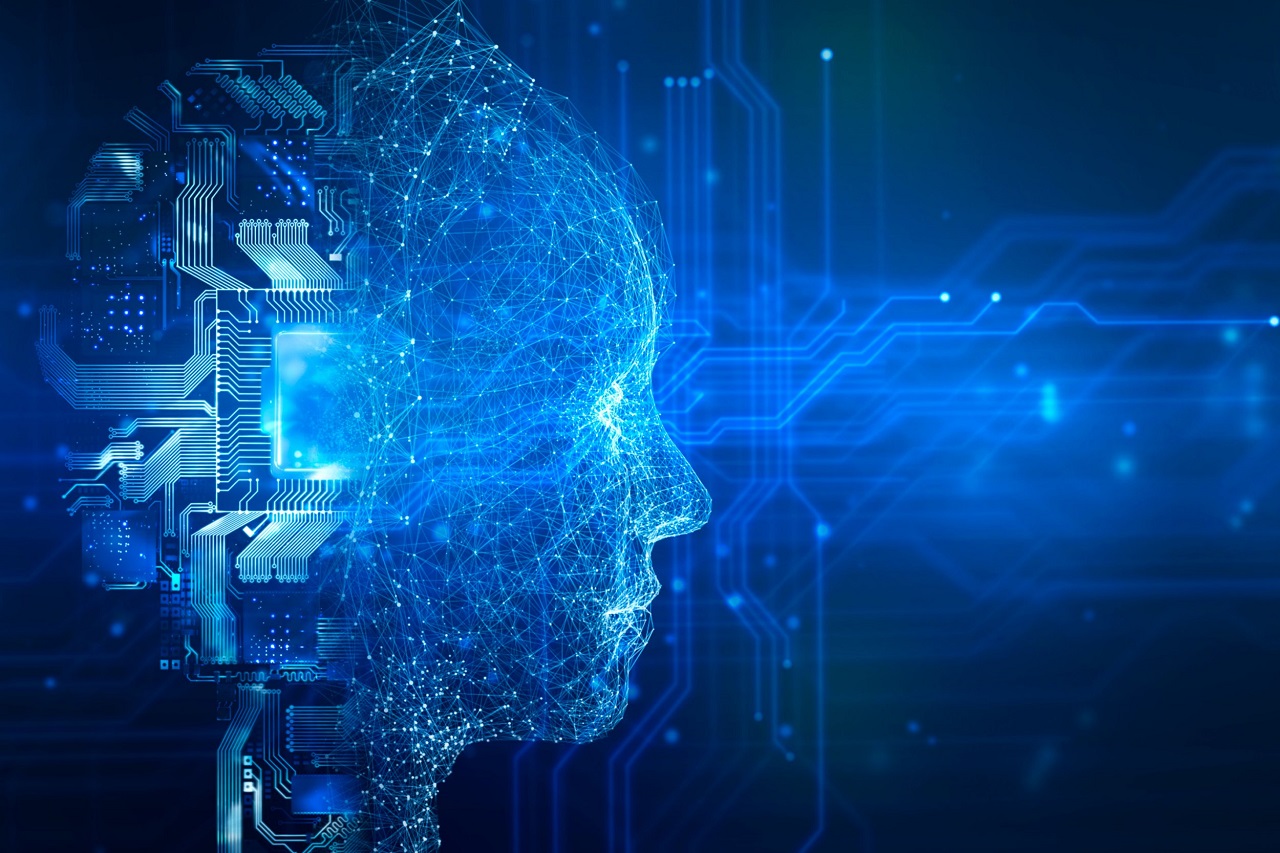Listen to the Podcast:
AI seems to be getting better and better all the time. Even though fast progress in AI has started to affect almost every aspect of life and sometimes threatens human needs, some progress has been a much-needed release.
In a recent story, it was said that work is going on to make an AI that can spot the early signs of anxiety and depression, which are common mental health problems in the modern world.
The results, which have been published in the journal Language Resources and Evaluation, say that the AI will also work with Twitter to do the same thing.
Researchers at the University of So Paulo (USP) in Brazil said that the model’s early results showed that it might be possible to tell if someone is likely to get depressed just by looking at their social media friends and fans.
In the first step of this study, information about a corpus of 47 million publicly posted Portuguese texts and the network of links between 3,900 Twitter users was put into a database called SetembroBR. Before the survey, it was said that these users had been diagnosed with or treated for mental health issues. During the COVID-19 pandemic, the tweets were recorded.
Because people with mental health problems tend to follow certain accounts, like discussion groups, influencers, and celebrities who talk about their depression in public, the study also collected tweets from friends and followers.
The second step, which is still going on, has given some early results. For example, it might be possible to figure out if someone is likely to get depressed based on their social media friends and fans, without taking their own posts into account.
After removing non-standard characters from the corpus to keep the original texts, the researchers used deep learning (AI) to create four text classifiers and word embeddings (mathematical representations of how words relate to each other based on context) using models based on bidirectional encoder representations from transformers (BERT), a machine learning algorithm used for NLP.
These models are like a neural network, which learns situations and meanings by watching how sequential data, like words in a sentence, relate to each other. The training data came from a random collection of 200 tweets from each user.
The researchers found that BERT did the best job of predicting sadness and anxiety among the models. They said that because the models looked at word sequences and full sentences, it was possible to see that people with depression, for example, tended to write about things related to themselves, using verbs and phrases in the first person, as well as things like death, crisis, and psychology.








































